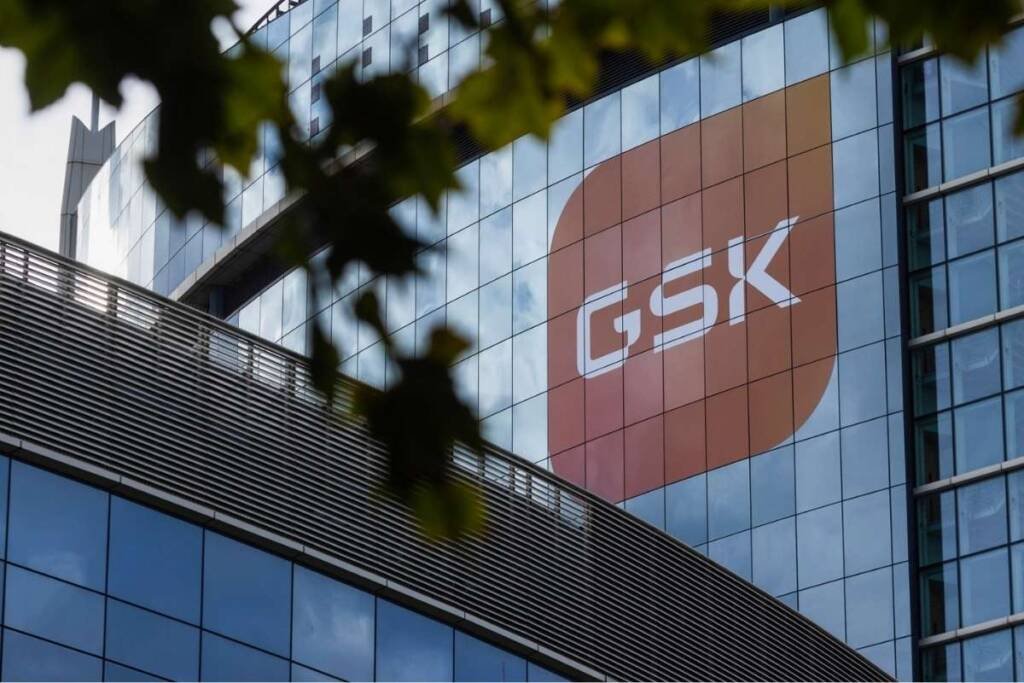When it comes to drug packaging, a vial is typically seen as a separate entity from the product it contains. However, when the quality standards begin to slip, recalls are likely to ensue.
Recently, Taiwan’s Food and Drug Administration initiated a recall of two batches of GlaxoSmithKline’s (GSK) severe asthma injection, Nucala, due to the presence of glass particles in one vial of the drug.
The recall process is expected to conclude by August 7, as reported by local outlet Focus Taiwan.
GSK confirmed the recall and stated that none of the affected products had been administered to patients, according to a spokesperson’s email response to FiercePharma.
“GSK—in consultation with Taiwan Food and Drug Administration (TFDA)—has taken the decision to voluntarily recall two batches of Nucala FD 100MG in Taiwan as a precautionary measure,” the company added.
The issue was brought to GSK’s attention after a hospital in Taiwan reported the presence of glass particles in a reconstituted vial of Nucala. The suspect vial belonged to a batch with the lot number MX9M. As a precautionary measure, a second lot named S34T, produced from a related semi-finished batch, has also been recalled due to concerns about potential contamination.
GSK clarified that the recall only affects the Taiwanese market, and no other regions are impacted.
In total, the recall covers 2,591 bottles of the respiratory medication, with approximately 1,500 bottles already sold in Taiwan. On average, Taiwan consumes around 4,690 bottles of Nucala annually, and there are no readily available alternatives. GSK Taiwan has reportedly stated that it is working to allocate a new shipment of 1,512 bottles from overseas.
It is worth noting that glass-related recalls are not exclusive to GSK. In October, Exela Pharma Sciences recalled 49 lots of an injectable used for treating kidney disease complications due to concerns about vial breakage and glass fragments. Gilead also faced a setback in March when the FDA rejected its application for the long-acting HIV medication lenacapavir due to concerns of “subvisible” glass particles resulting from potential incompatibility between the drug and the vials.





























